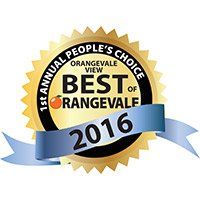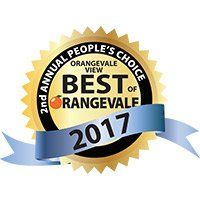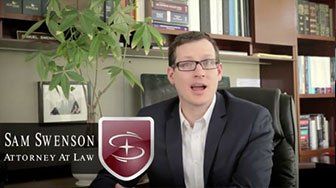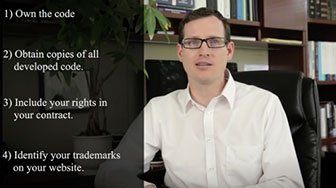PRACTICE AREAS
RATINGS
CONNECT WITH US
VIDEOS
How to Share Family History and Heirlooms with Your Estate Plan
The best time to share your family history with loved ones is right now. During the holidays families get together and stories are exchanged. You may have special items that go along with your stories, such as yearbooks, a baptism dress, a silver comb, news stories, or photographs.
As you share these stories, you may decide that you would like to give a special item to one of your loved ones. Heirlooms are a tangible way of connecting with ancestors. To pass on your heirlooms, use a personal property memorandum in your estate plan.
What is a Personal Property Memorandum?
In California, a Personal Property Memorandum is a document that may be included in your Estate Plan. The Memorandum should be referenced in your Will or Living Trust. It allows you to list which personal property items you wish to leave to whom. Unlike your Will and Trust, you can update your Personal Property Memorandum as you see fit. You don’t have to visit your Estate Planning Attorney each time you update it. The Personal Property Memorandum will assist your Executor in conjunction with your Will and Trust in knowing how to distribute specific items to your beneficiaries (heirs).
Can I Change or Update My Personal Property Memorandum ?
 Yes, you can update and change your Personal Property Memorandum and without the assistance of an Estate Planning Attorney or Notary. This gives you more freedom. Each time it is updated however, you should sign and date it, in order to make it valid. Speak with your Estate Planning Attorney if you have questions on how to do this. A Will and a Trust however, should always be updated by your Estate Planning Attorney.
Yes, you can update and change your Personal Property Memorandum and without the assistance of an Estate Planning Attorney or Notary. This gives you more freedom. Each time it is updated however, you should sign and date it, in order to make it valid. Speak with your Estate Planning Attorney if you have questions on how to do this. A Will and a Trust however, should always be updated by your Estate Planning Attorney.
You will likely want to update your Personal Property Memorandum more often than your Will or Trust. Personal belongings tend to change more often than other assets.
What Can Be Included in a Personal Property Memorandum?
These items are commonly included in a Personal Property Memorandum:
- Photographs
- Books
- Jewelry

- Instruments
- Furniture
- Clothing
- Yearbooks
- Family Documents (such as, birth certificates, baptism certificates, citizenship papers)
- Collections (such as sports, stamp or doll collections)
- Family Heirlooms
However, be aware that not all assets can be distributed using a Personal Property Memorandum. If you have questions about what can and can not be included, contact your Estate Planning Attorney.
What Can Not Be Included in a Personal Property Memorandum?
Examples of Items not to be included in your Personal Property Memorandum are the following:
- Real Property (such as, your home, timeshare, vacation home, land, etc…)
- Titled Items (such as, your vehicle, boat, plane RV, etc…)
- Stock Certificates
- Royalties
- Bank Accounts
- Insurance
These assets require a Trust or a Will if you would like to choose who they are passed on to. Check with an Estate Planning Attorney, if you have questions about how to pass on your assets.
Why Should I Put My Wishes in Writing?
Verbal wishes can cause family disharmony after you are gone. Loved ones grieve in differing ways, and it is common for family members to want to cling to your assets as a way to connect with you. It is not uncommon to have families torn apart as they disagree on what the wishes and desires were of their family member that has passed on. This also puts the Executor of your Estate in a tough situation, as there were not clear instructions on how to pass on your possessions. When your wishes are in writing it is clear to the Executor and to all involved how to distribute your items.
You may want to consider writing down stories that go along with your heirlooms. These stories will help future generations to connect with their ancestors. It also helps give them strength and identity. The New York Times published an article entitled, “The Stories that Bind Us”, in which it was stated that, “The more children knew about their family’s history, the stronger their sense of control over their lives, the higher their self-esteem and the more successfully they believed their families functioned.”
 Using a Personal Property Memorandum is a fantastic tool to help keep your family together. It is a clear way to pass on your family heirlooms and cherished possessions to your loved ones. This holiday season enjoy time with your loved ones and share your family stories: your children will be stronger for it.
Using a Personal Property Memorandum is a fantastic tool to help keep your family together. It is a clear way to pass on your family heirlooms and cherished possessions to your loved ones. This holiday season enjoy time with your loved ones and share your family stories: your children will be stronger for it.
The Swenson Law Firm offers Free Estate Planning Consultations. Call 916-333-0833 to schedule an appointment.












